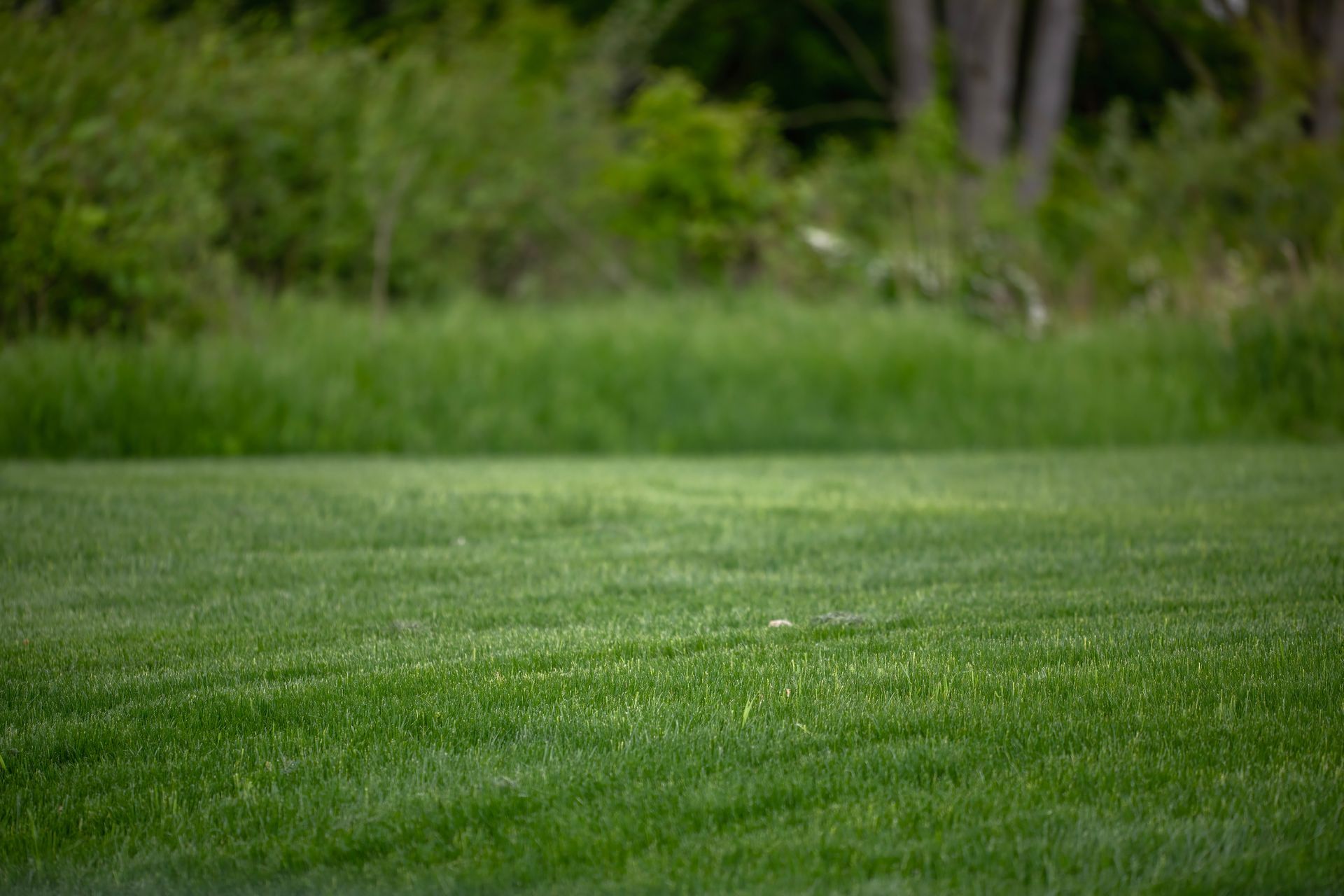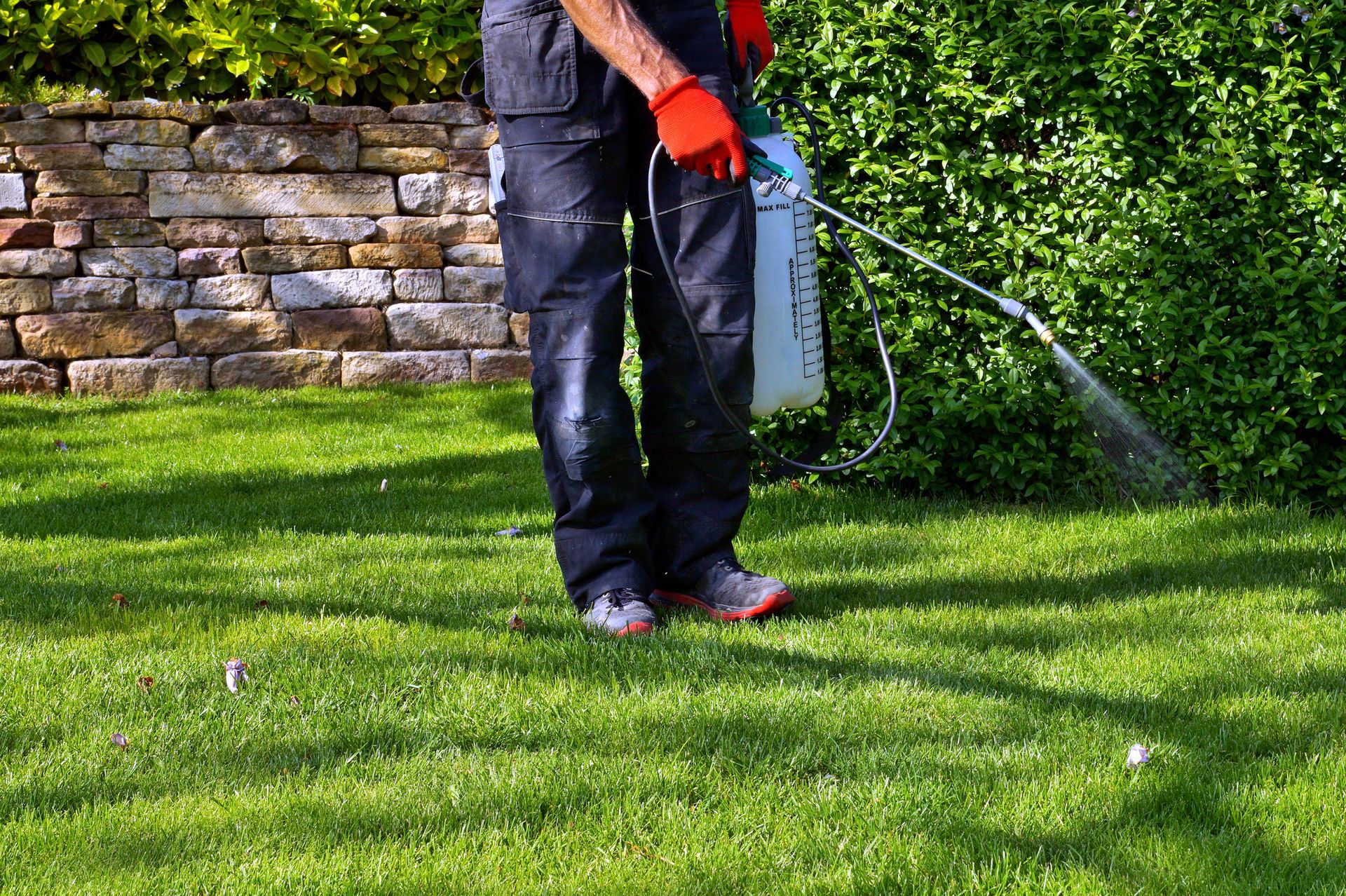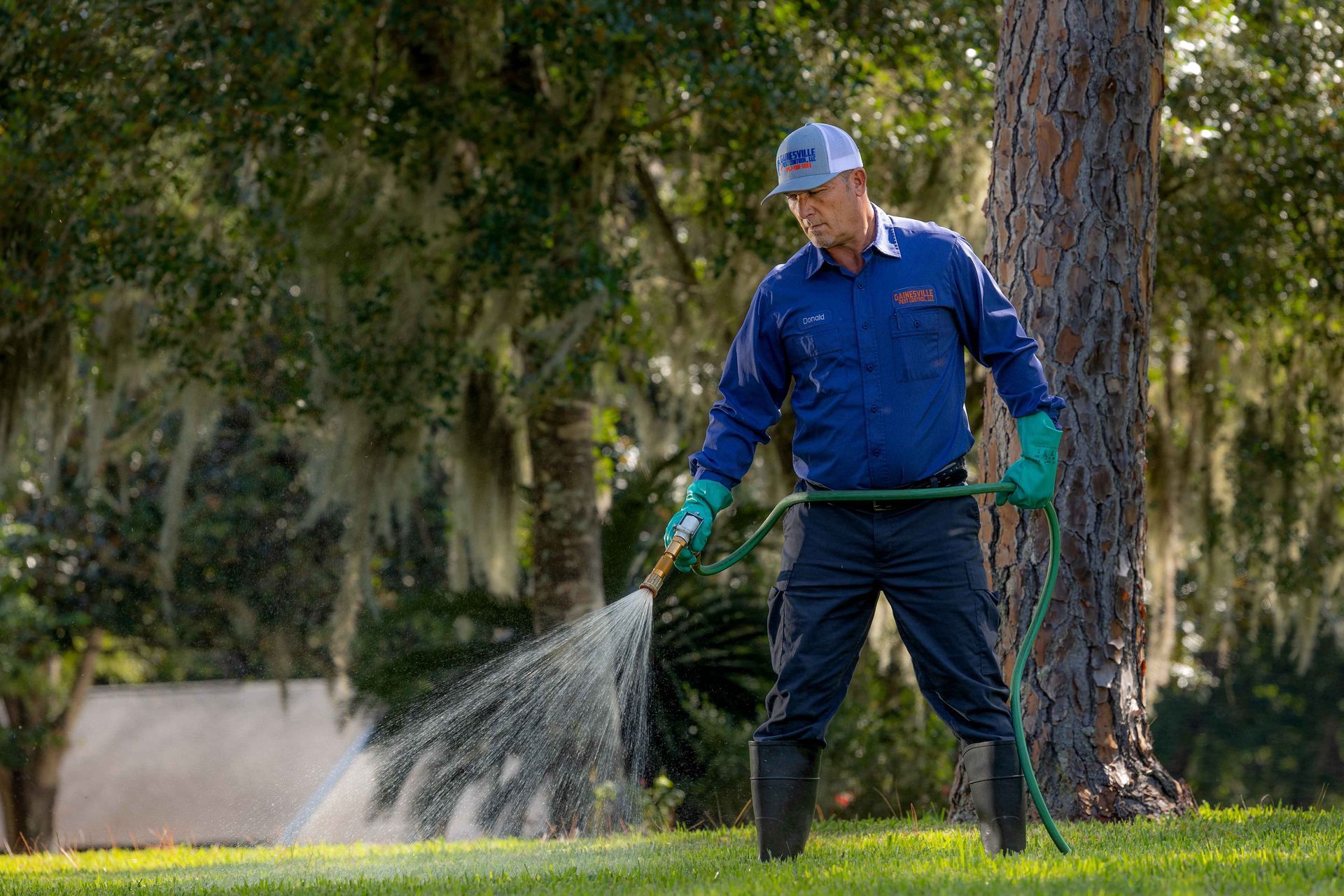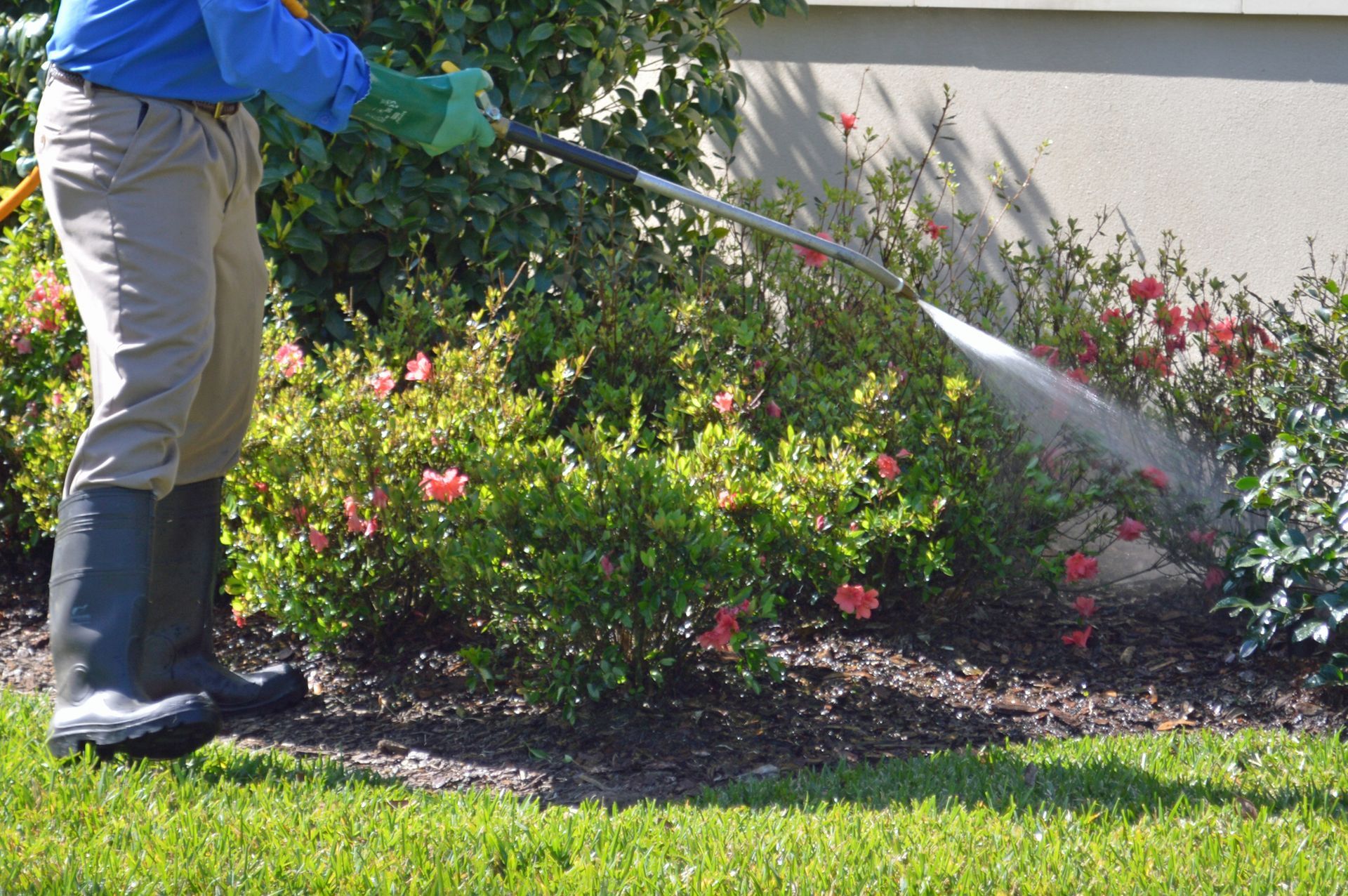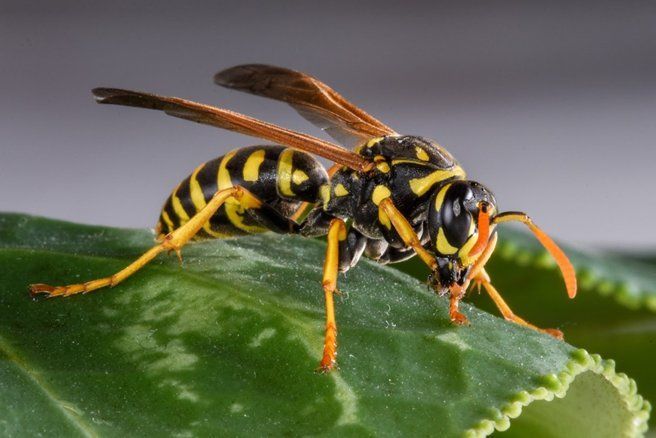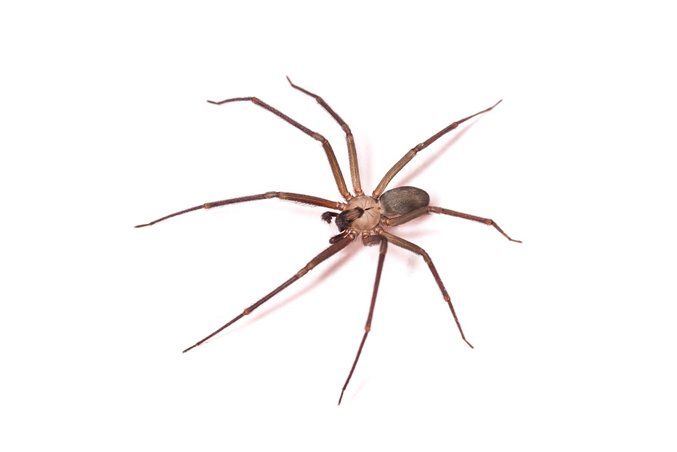Frequently Asked Questions About Pharaoh Ants
websitebuilder • October 1, 2020
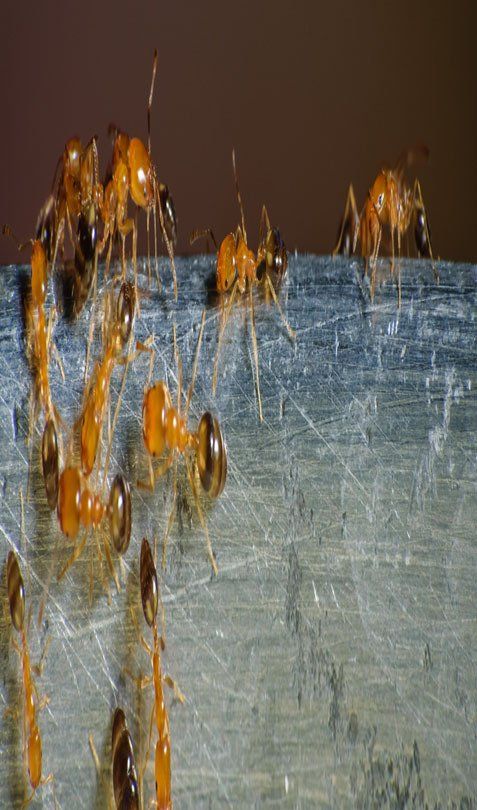
Ant infestations prove troublesome regardless of the species in question. However, pharaoh ants may cause even more frustration than other kinds of ants due to their small size, mobility, and resourcefulness. Fortunately, even pharaoh ants will succumb to a combination of professional intervention and diligent housekeeping.
The more you learn about pharaoh ants, the more easily you can appreciate the challenges of controlling them and mount an effective response. Check out the answers to these frequently asked questions about nobody's favorite ant species.
Where Do Pharaoh Ants Get Their Name?
Pharaoh ants get their name from the notion that they might have played a role in the Biblical plagues of ancient Egypt. Many people know them by the more familiar name of sugar ants, although the Argentine ant also goes by this moniker.
What Do Pharaoh Ants Look Like?
Pharaoh ants have a light brown color, although you have trouble making the color out due to their tiny size. A typical Pharaoh ant worker never exceeds two millimeters in length, although a male can attain three millimeters and a queen may reach a length of up to five millimeters. Males and queens have wings but don't fly.
Where Do Pharaoh Ants Live?
Pharaoh ants favor indoor environments over outdoor ones, unlike other species of ants that demonstrate no particular preference. Their need for warmth attracts them to heated homes and commercial buildings. However, if they cannot find such lodgings, they will settle on warm outdoor spaces.
Pharaoh ants seek out dark, enclosed, hidden spaces wherever possible as a means of protecting their colonies against predators. They may make their needs inside curtain rods or walls, behind baseboards, or beneath floors. They can serve as a major nuisance to public facilities such as hospitals and grocery stores.
What Do Pharaoh Ants Eat?
Pharaoh ants live up to their other common name through their love of sugary foods and fluids, including honey, jellies, soda, and syrups. However, their omnivorous menu also includes fatty foods, meats, grease, pet food, and even shoe polish. They will sometimes prey on their fellow insects as well.
What Makes Pharaoh Ant Infestations Hard to Control?
In addition to their ability to subsist on practically anything, pharaoh ant colonies practice a behavior called budding, which makes their populations hard to wipe out. Representatives of a colony will migrate to other areas, forming new colonies. A variety of circumstances, including perceived threats, can trigger budding.
Pharaoh ant colonies also feature multiple queens. Each queen can live long enough to produce hundreds of eggs, allowing colonies to grow rapidly in size even as budding permits more and more colonies.
How Do Pest Control Professionals Get Rid of Pharaoh Ants?
Pest control professionals typically set bait traps in all the places where pharaoh ant colonies might reside, based on the observation of ant trails and the nearby presence of food and water. Some baits work as insect growth regulators. When ants in the colony consume this bait, the bait sterilizes the queens.
Non-repellent baits such as boric acid yield much better results against pharaoh ants than repellent baits. Repellent baits tend to trigger budding, which only spreads your ant infestation out over additional areas of the house.
How Can You Discourage Future Pharaoh Ant Infestations?
The most important strategy for preventing future pharaoh ant infestations involves keeping these ants away from food sources. Seal away any sweet or fatty foods, and clean up any trickles or spills that might serve as a meal. Rinse out used containers, and store them in sealed bins well away from your home.
Take all possible measures to bar pharaoh ants' entry in your home, especially in cooler months when they may seek warmer surroundings. Add caulk, weather stripping, and other sealants as needed to close even the tiniest gaps in your walls, doors, windows, and foundation.
Gainesville Pest Control LLC can help you get the upper hand over pharaoh ants. Contact us today
to schedule pest control services.

